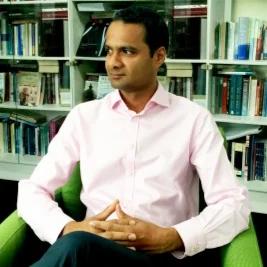Brexit and the Commonwealth: Lessons from Comparative Legal History
/Donal COFFEY
One troubling element of being asked to write on a topic after Asanga Welikala is the distinct possibility that he will have already thought of the best arguments, and put them forward with more elegance than one can muster. This occasion is not an exception to this rule. I want instead to draw out two elements that are present in Asanga’s text and consider them in slightly more detail.
Read More
























![Xx1088_-_Seoul_city_nightscape_during_1988_Paralympics_-_3b_-_Scan [test].jpg](https://images.squarespace-cdn.com/content/v1/5af3f84a4eddec846552ea29/1527486925632-3VZP3ASLAHP1LJI0D9NJ/Xx1088_-_Seoul_city_nightscape_during_1988_Paralympics_-_3b_-_Scan+%5Btest%5D.jpg)
